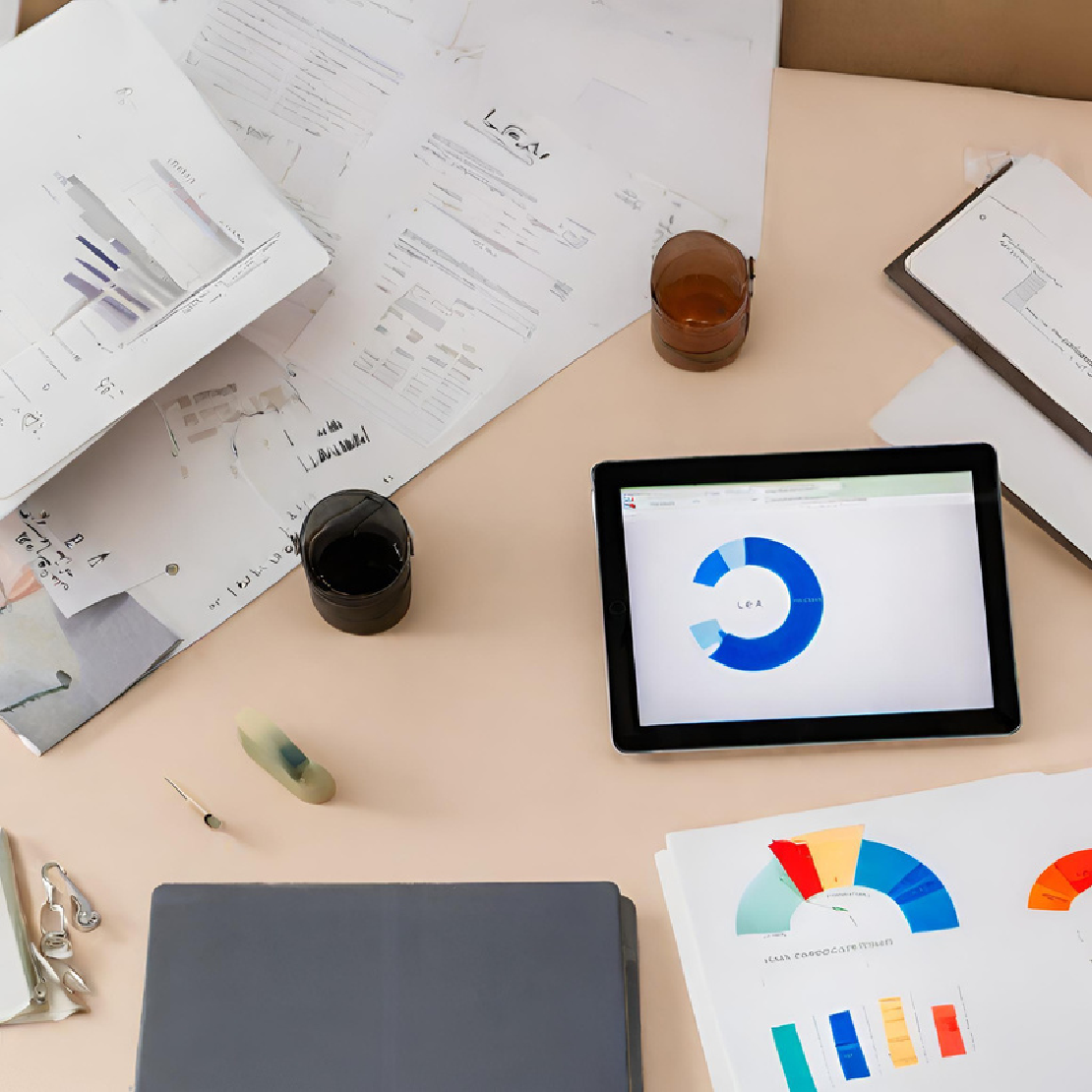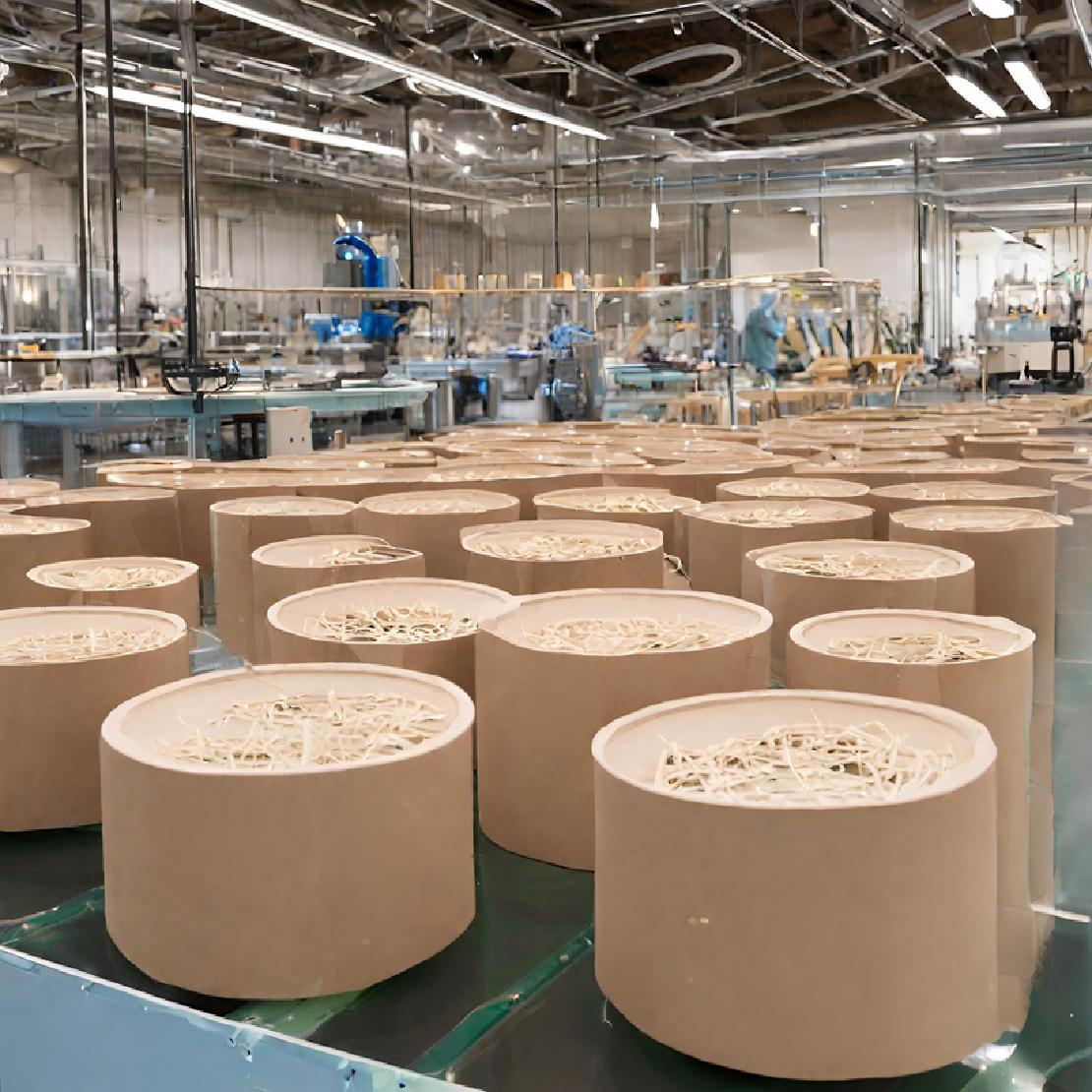
Product Lifecycle Assessment (LCA)
In our quest for sustainable development, it is crucial to understand the environmental impacts of products …

In a world that faces growing environmental challenges especially in waste management, the concept of a circular economy offers a promising solution.
In our world today, we take materials from the Earth, make products from them, and eventually throw them away as waste, which is a linear process. Whereas in a circular economy, we stop waste from being produced in the first place. But what exactly is a circular economy, and how does it contribute to a sustainable future?
In this article, we’ll explore the concept of a circular economy. We’ll also delve into the critical role of waste connections and waste management in building a circular economy, while highlighting the benefits it brings to our planet.
The circular economy is an economic system designed to keep resources in use for as long as possible, extracting maximum value from them and minimizing waste. It is a system where materials never become waste and nature is regenerated. Unlike the traditional linear economy, which follows a “take-make-dispose” model, the circular economy aims to create a closed-loop system where resources are reused, recycled, or regenerated.
The circular economy tackles the challenges posed by our present linear system, such as resource depletion, pollution, and the accumulation of waste. It promotes sustainable production and consumption patterns, focusing on three key principles:
Environmental Sustainability The circular economy greatly reduces the extraction of natural resources, conserving energy and reducing greenhouse gas emissions. It minimizes waste generation and pollution, protecting ecosystems, and preserving biodiversity. By embracing circular practices, we can mitigate the negative impacts of climate change and safeguard our planet for future generations.
Economic Advantages A circular economy comes with various economic benefits. It fosters innovation, as businesses are encouraged to develop sustainable products and services. It creates new job opportunities in sectors like recycling, repair, and remanufacturing. Moreover, it promotes resource efficiency, reducing costs for businesses and consumers alike.
Social Well-being The circular economy positively impacts society by improving access to resource at very affordable prices. It encourages local production and consumption, supporting local communities and reducing dependence on imported goods. Additionally, it fosters collaboration among businesses, governments, and citizens, promoting a sense of shared responsibility for sustainable development.
As we strive to reduce our environmental footprint and create a more sustainable future, one key player that often goes unnoticed is waste connections. The first step towards building a circular economy is efficient waste collection and management. Their vital roles in building a circular economy are:
Waste Connections Waste connections play a crucial role in building a circular economy. They involve the collection, sorting, and management of waste materials to increase their value. Through effective waste connections, materials can be diverted from landfills and directed to recycling facilities or other recovery processes. This reduces waste, conserves resources, and supports the circular economy’s principles of reuse and recycle.
Waste Management Waste management companies play a pivotal role in implementing circular economy practices. They invest in advanced technologies and infrastructure for sorting, processing, and recycling various waste streams. By collaborating with businesses, governments, and communities, waste management companies help establish efficient recycling systems, promote responsible waste disposal, and drive the transition towards a circular economy. Efficient Waste Collection and Management is a key aspect of building a circular economy.
The circular economy offers a transformative approach that can address environmental challenges while unlocking economic and social benefits. By embracing the principles of reduce, reuse, and recycle, we can create a sustainable future where resources are valued, waste is minimized, and our planet thrives. Waste connections and waste management play vital roles in building a circular economy, as they enable the efficient management and recovery of resources, driving us closer to a more sustainable and prosperous world.
By making conscious choices, supporting sustainable practices, and embracing the circular economy, we can create a brighter future for ourselves and generations to come.
Related Searches

In our quest for sustainable development, it is crucial to understand the environmental impacts of products …

Circular manufacturing or circular economy is defined as a production and consumption model whereby …

With the rising concerns in environmental sustainability, procurement practices are very crucial in driving …